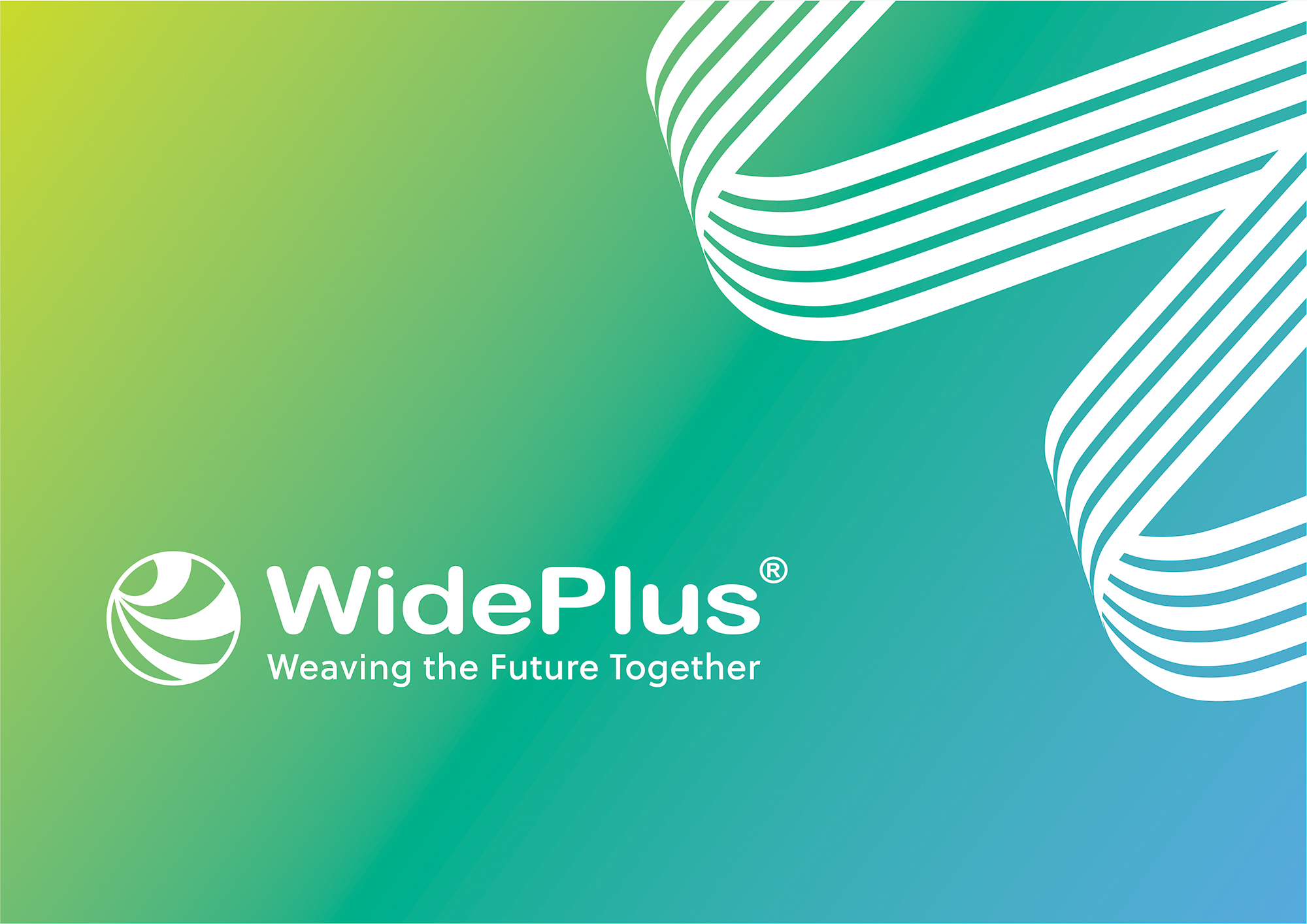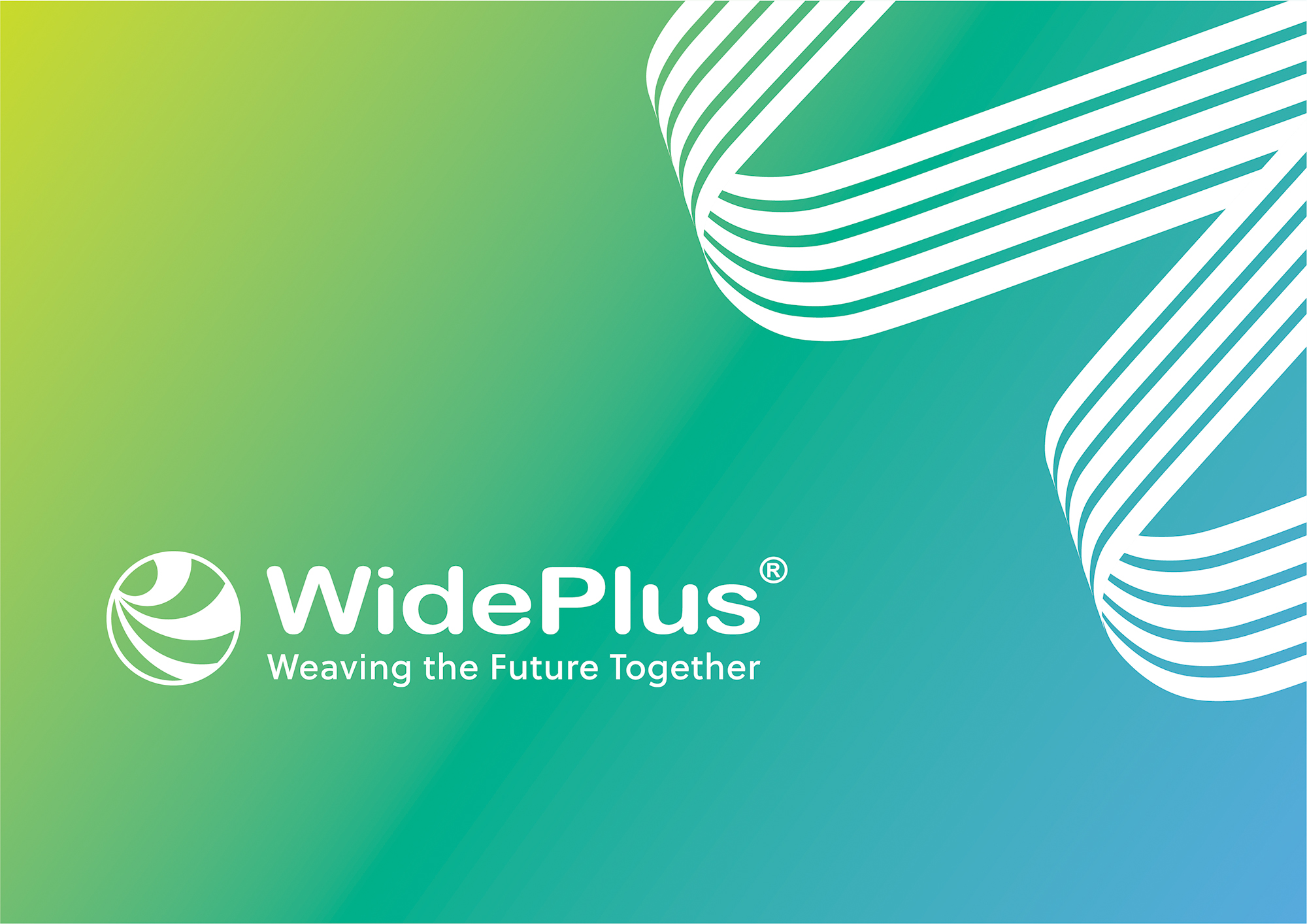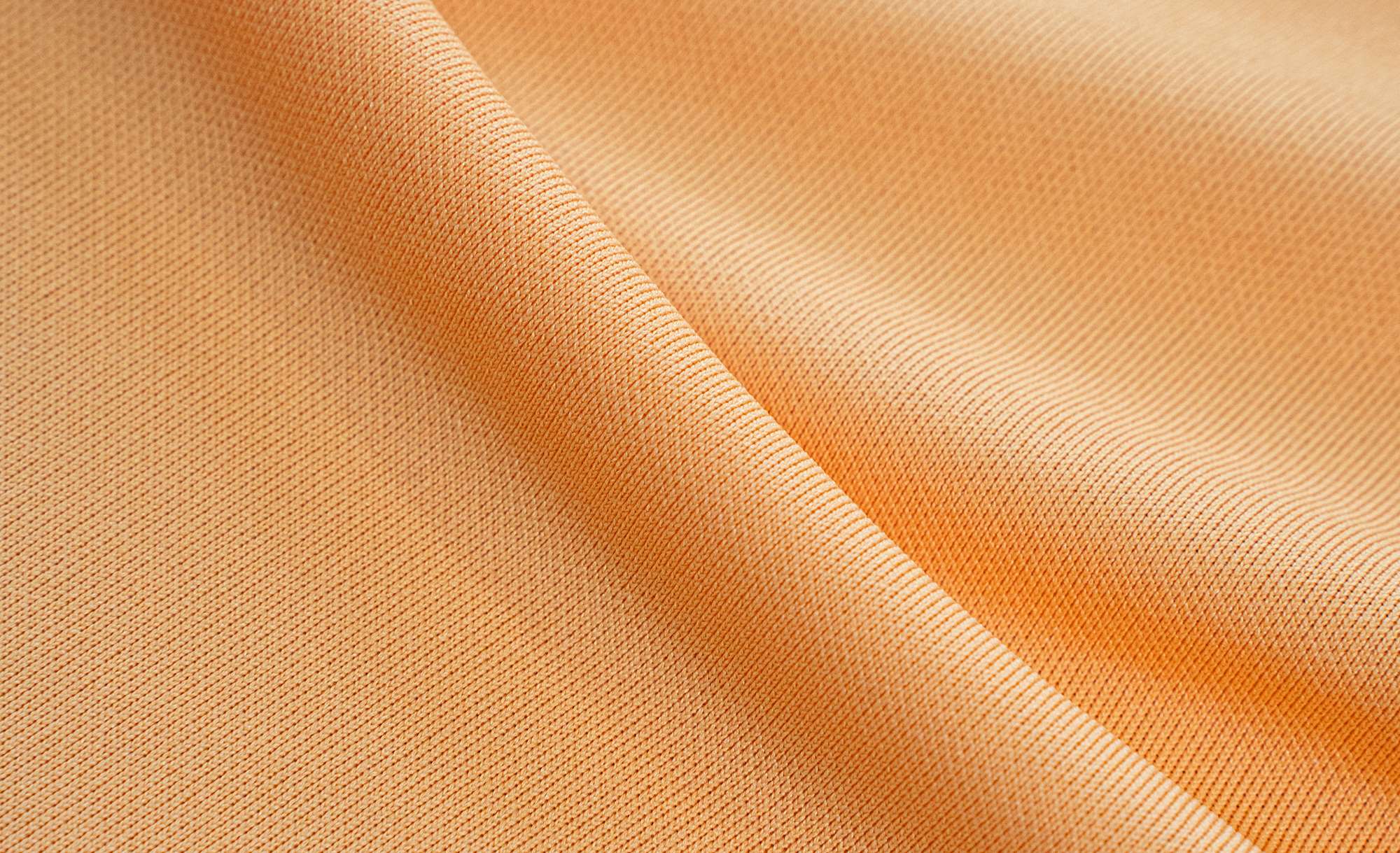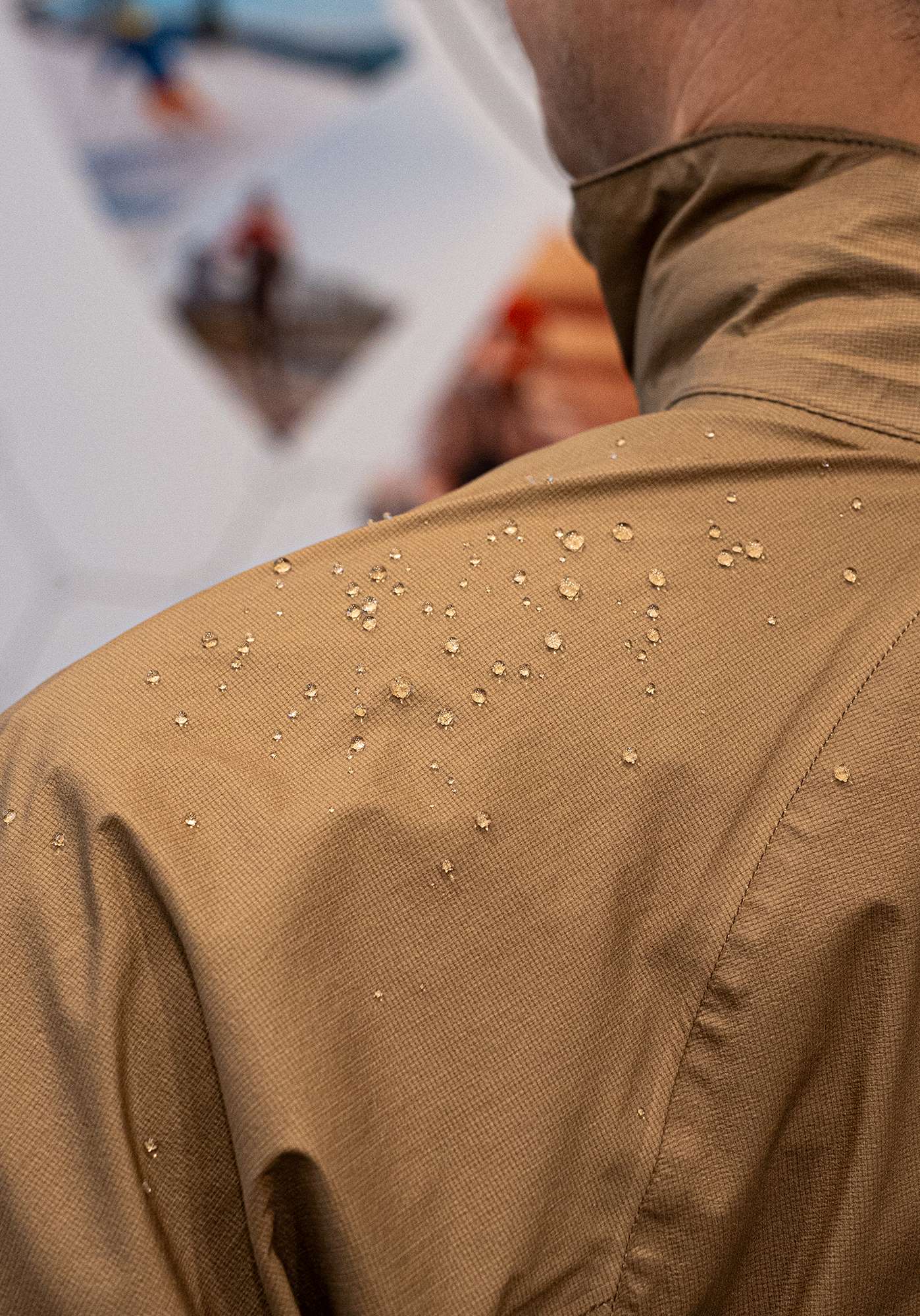
Sponsored by Taiwan Textile Federation (TTF)
Ad. by TITA
Leading fabrics solution provider WidePlus speaks to WTiN about its Factory Direct approach to delivering sustainable, functional materials for its global customer base.
Making synthetic functional fabric requires high levels of performance. Global innovations fabrics solution provider WidePlus aims to build trust between brands and global customers.
The Taiwan-based company is committed to delivering high-quality products and solutions for its clients, particularly in recycling and environmental protection, demonstrating advanced technology and unwavering dedication. WidePlus has been a Bluesign partner since 2012 and, through its continuous innovation and quality-driven focus, has become a leading provider of functional textiles and a supplier for brands.
WidePlus is direct factory managed, specialising in synthetic woven fabrics. The plant has 700 weaving looms, 28 dyeing machines and four stenter frames. Production wise, WidePlus has a 5-million-yard monthly capacity and is continually improving equipment to provide targeted performance textiles.
Currently, the firm is helping its customers address textile recycling as environmental considerations become legal requirements. WidePlus has developed recycled and biobased polyester and nylon fabrics that are poly-fluorinated chemical (PFC)-free.
Textile-to-textile recycling
To address critical issues in textile recycling and to replace traditional polyurethane (PUR) adhesives, the company created its “breakthrough product”: a mono two- and three-layer technology that utilises an adhesive that contains 70% polyester, successfully replacing traditional polyurethane (PUR) adhesives.
The WidePlus technical team said: “Although the proportion of ‘adhesive’ in textiles is low, this technology enables the goal of single-material (textile-to-textile) full recycling.”
WidePlus also works with PFC-free water repellent (WR). With these, the team said, “you need to consider the cost and alongside issues around chalk marks and seam slippage”, among other factors when finding a suitable PFC-FREE durable water repellents (DWRs) to suit a fabric.
“There is a balance point that needs to be considered to ensure suitability. The cost, the performance, the durability, and all the possible wide-ranging issues must be contemplated before a PFC-free WR is chosen for our collection,” the technical team added.
“This is not an easy job, but all we can do is keep trying and keep testing to see if there are any issues, which nobody has faced or met before. We must carefully test all our newly developed fabric.”
miniR receives an upgrade
One of WidePlus’s most innovative fabrics is miniR. It features high UV protection (UPF 50+) and is infused with NIResist and UV-Shield to act as a cooling solution. The product also offers deodorisation and antibacterial performance.
By employing exclusive yarn technology, miniR aims to redefine the users’ clothing experience.
The sun's near-infrared rays are invisible to the naked eye, but they absorb and generate energy in our clothes, which in turn generates heat. Currently, miniR can help reflect near-infrared rays (NIR), so it is a "summer protector”, according to WidePlus. miniR fabrics can reflect NIR up to 65-75%, enabling the wearer to cool down by 2-3°C.
Breathable waterproof products
Another advancement is WH3 PRO. The three-layer fabric combines AirLight design with AquaGuard and AquaBreath, boasting 30,000 mmH2O waterproofness and 40,000 g/m2/24hrs breathability. This fabric is ideal for outdoorwear.
WidePlus's range of ultra-high waterproof and breathable 30K/60K products, along with their 3-layer, super-lightweight solutions weighing as little as 52gsm, cater to the market's demand for lightweight, high-performance textiles.
After extensive testing and optimisation, these products can withstand at least 10 washes while maintaining their original waterproof and breathable properties.
The future of Taiwan’s functional fabrics
WidePlus is 17 years old and is adding value amid the competitive post-pandemic global textile market. The company is embracing new challenges and enhancing its sustainability methods with its research and development (R&D), green values, factory-direct operations, and laboratories.
WidePlus seeks to demonstrate its unique market positioning and forward-thinking through a cohesive corporate identity and product differentiation, aiming to forge future collaboration opportunities globally.
The team said: “For the future of textiles in Taiwan, there needs to be a transition into higher or advanced protective and functional fabric – not just for apparel, but for computing and electronic vehicles etc.”
The company added it will keep investing in its machines and developing new fabrics. The team added it will continue to work with the Taiwan Textile Research Institute (TTRI) to source the best materials from overseas and within Taiwan to develop more innovative fabrics.
With its cutting-edge technology, high-performance products, and brand revitalisation strategy, WidePlus has positioned itself as a forward-thinking textile company, driven by innovation and environmental sustainability. The company is committed to creating lasting value and fostering mutually beneficial relationships with its customers.
The WidePlus team added: “We remain dedicated to understanding our customers' needs by actively listening to their requests and providing comprehensive solutions. Our goal is to build long-term, reliable partnerships that support brand growth and continued development.
Have your say. Tweet and follow us @WTiNcomment






